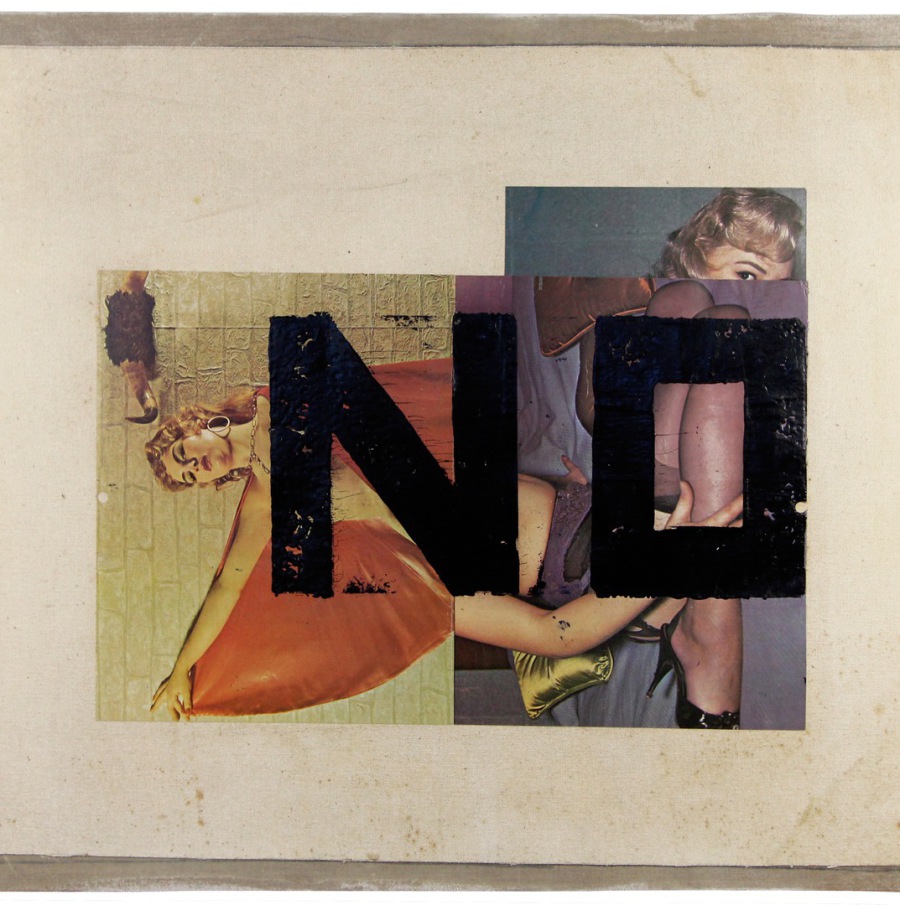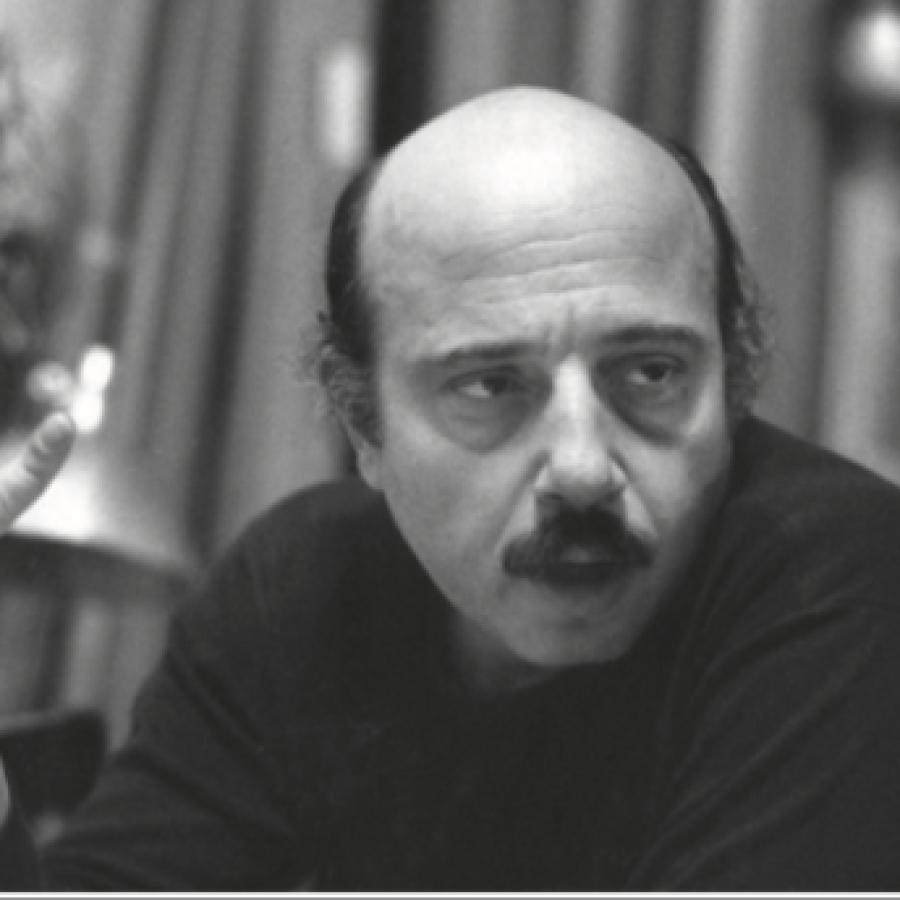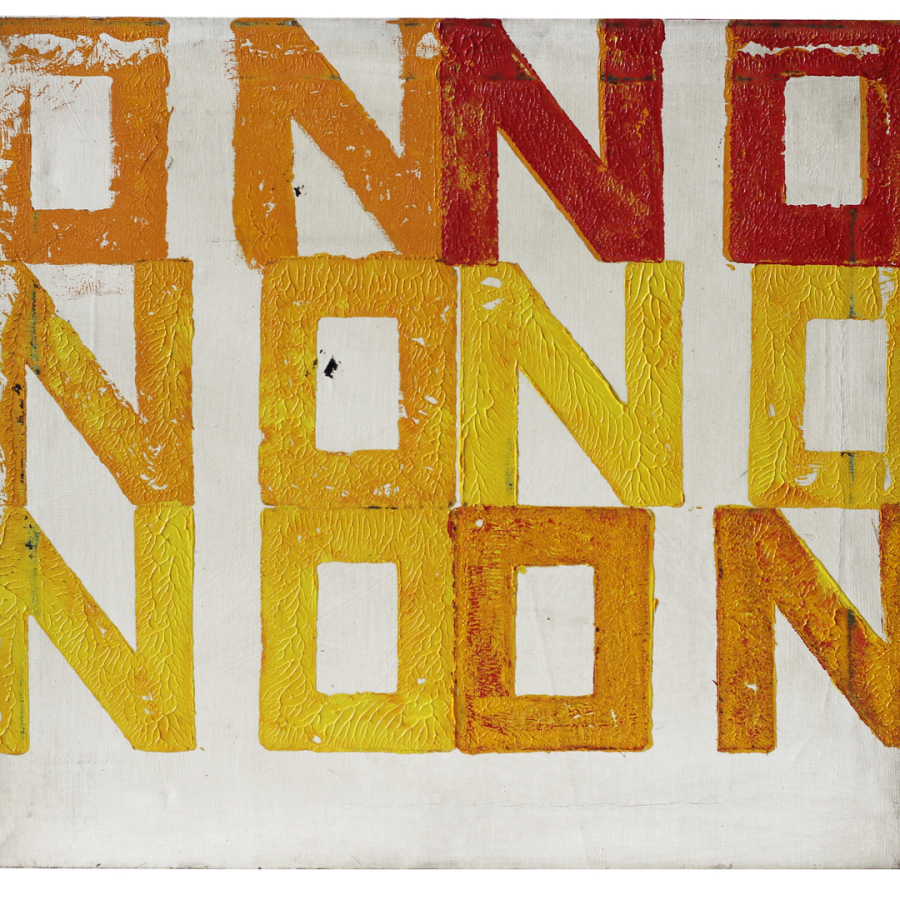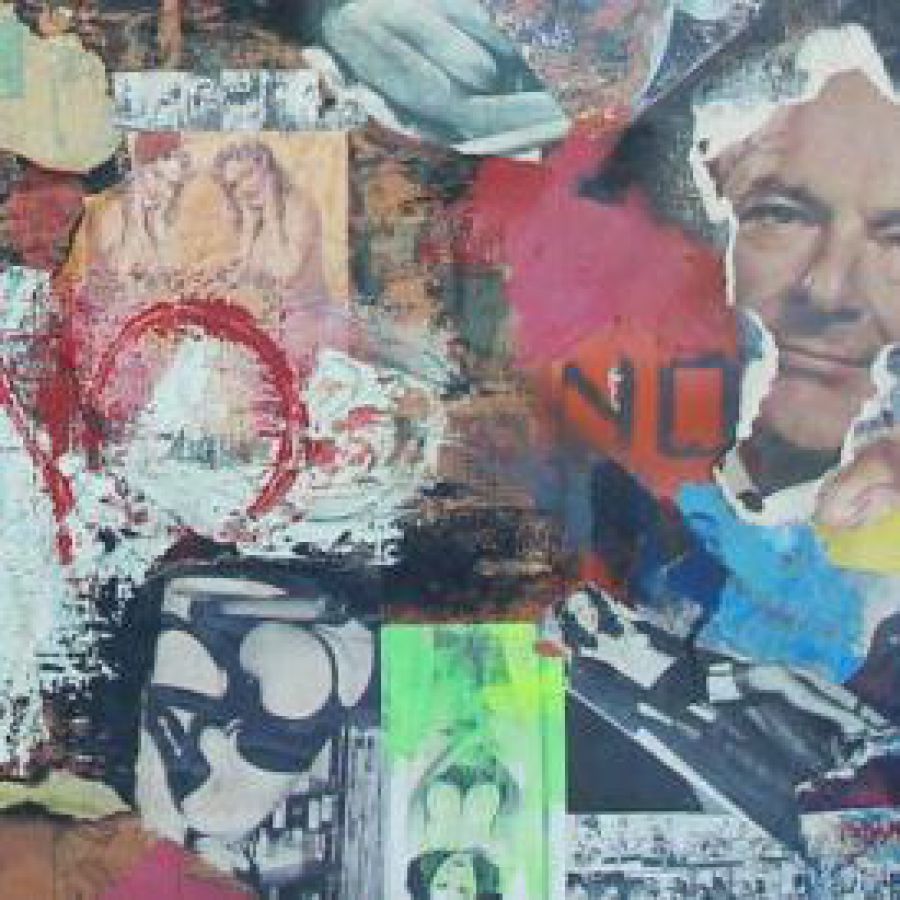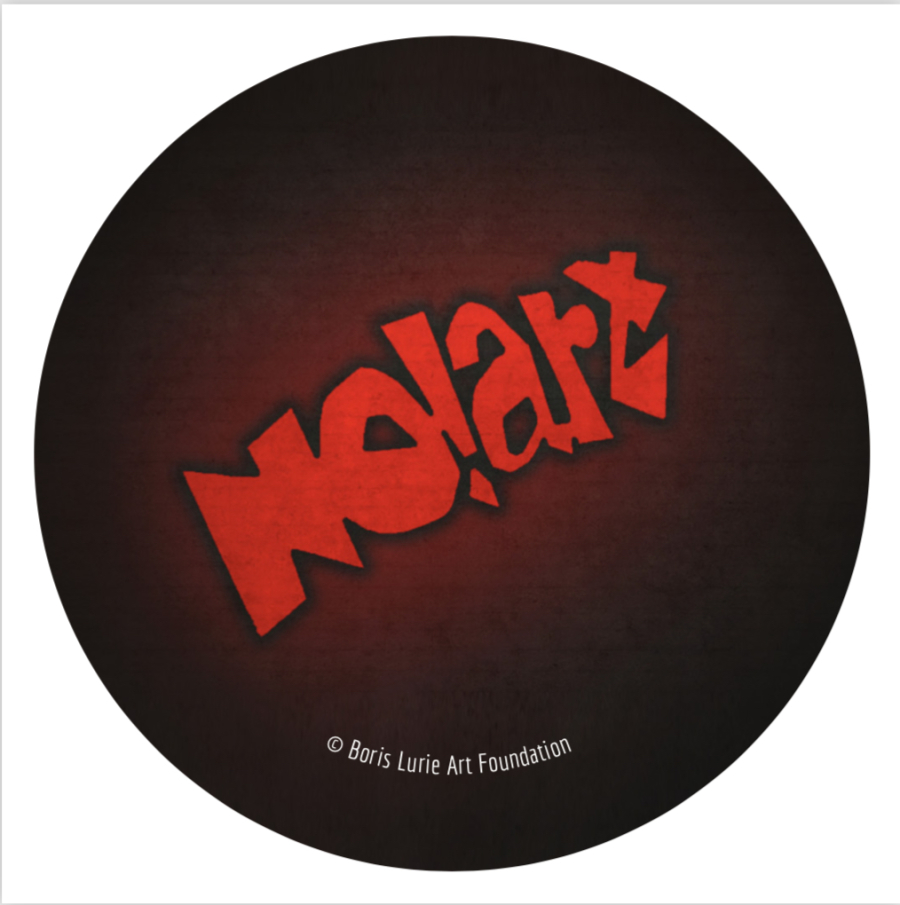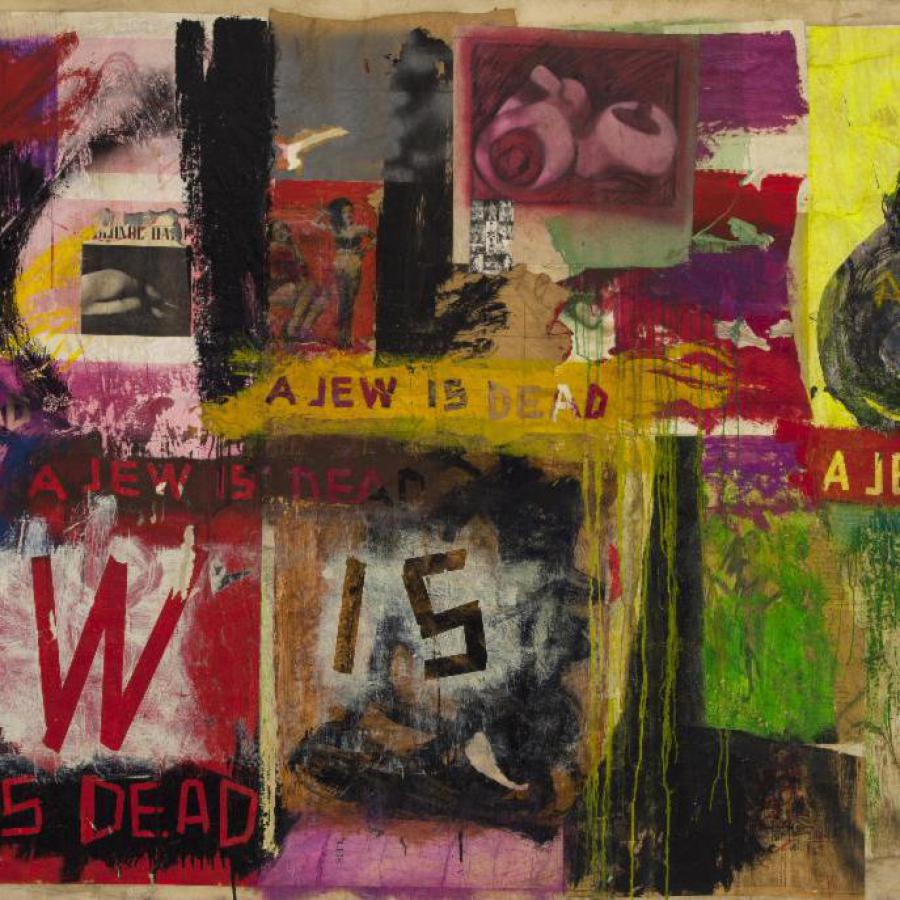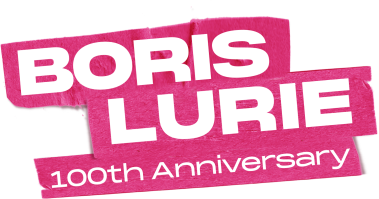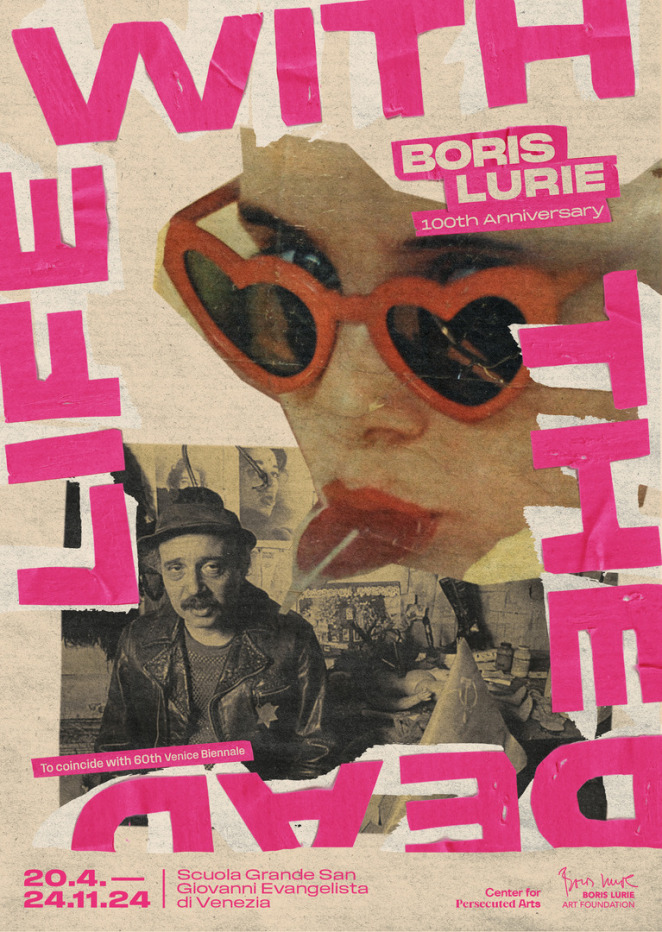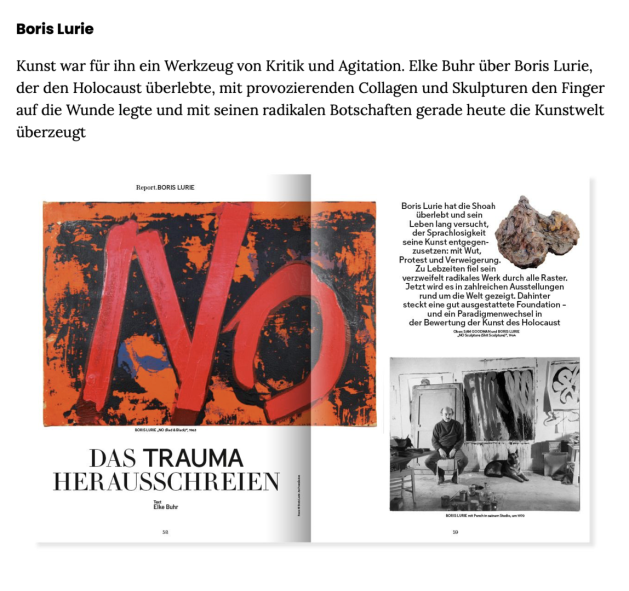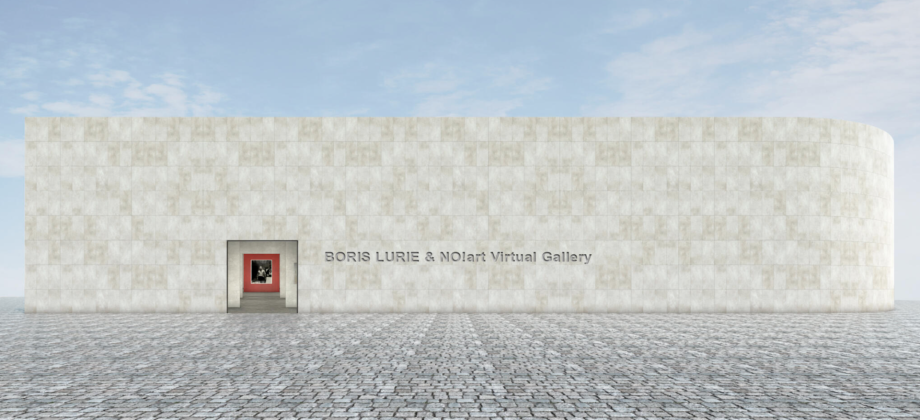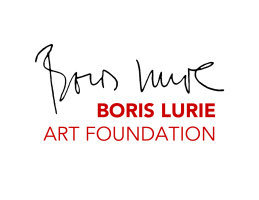News on BORIS LURIE
The year 2024 marks the 100th anniversary of Boris Lurie's birth. On July 18, 2024 would be his 100th birthday. On this occasion, the Boris Lurie Art Foundation is organizing several significant exhibitions and events of Boris Lurie in Europe and the USA, about which we will provide information in the course of the year.
Upcoming exhibition
Current exhibition
BORIS LURIE - LIFE WITH THE DEAD
April 20th - November 24th, 2024
Scuola Grande San Giovanni Evangelista di Venezia
In collaboration with the Center for Persecuted Arts
To coincide with the 60th Venice Biennale
The exhibition will be accompanied by a comprehensive catalogue published by Hatje Cantz Publisher.
With the exhibition LIFE WITH THE DEAD, to coincide with the 60th Venice Biennale, we commemorate the 100th anniversary of the birth of BORIS LURIE, and we wish to present his powerful art to a wide audience. The monumental complex of the Scuola Grande San Giovanni Evangelista in Venice, with the “Badoer Exhibition Space” next to the Church of San Giovanni, is a perfect place for this show. The space was used as a grave, and the word “Coemeterium” (burial place) is written above the door. It is the place for eternity and for the resurrection.
Gertrude Stein
Pesident of the Boris Lurie Art Foundation
Boris Lurie Report in MONOPOL, Ausgabe Juni 2023
